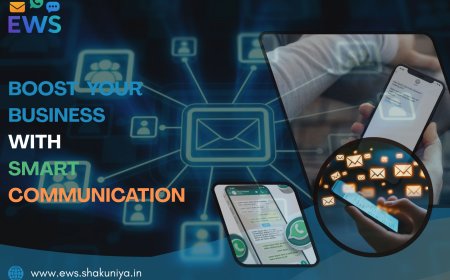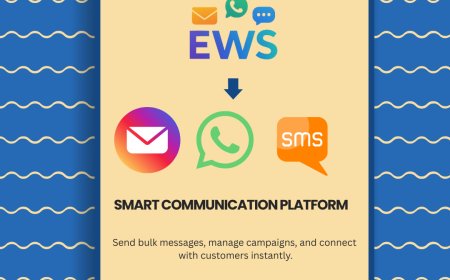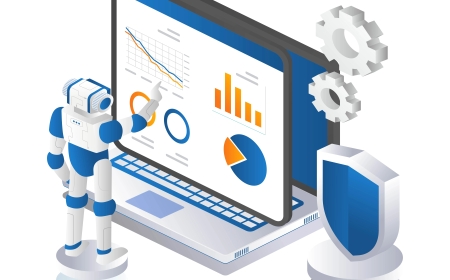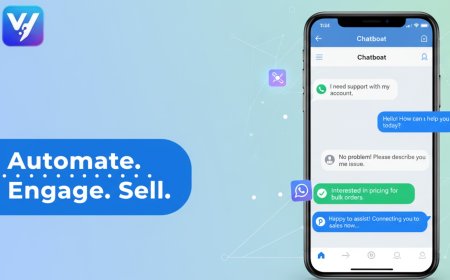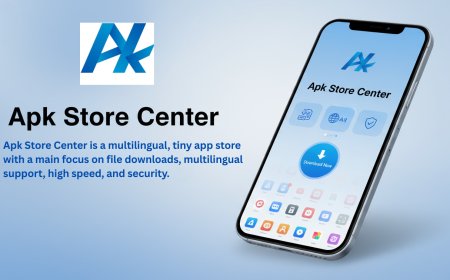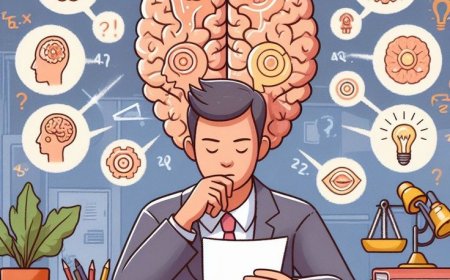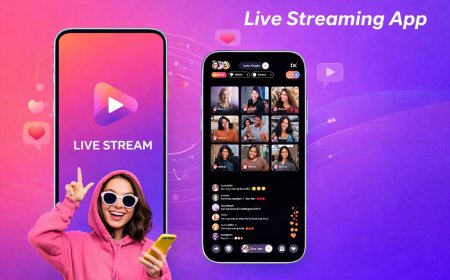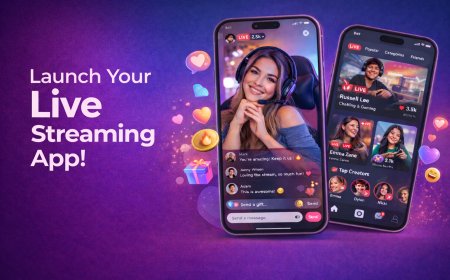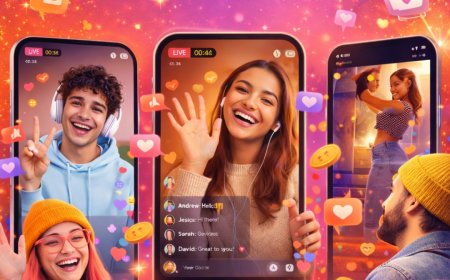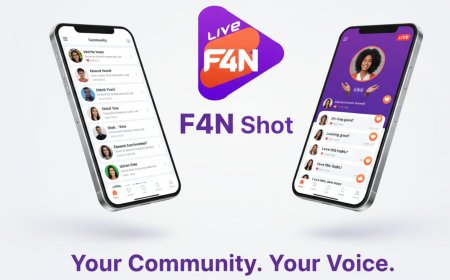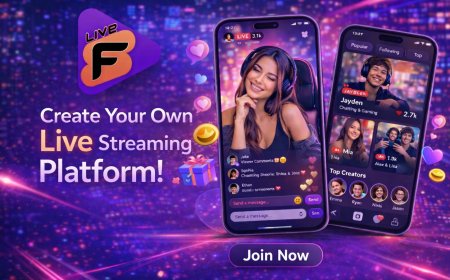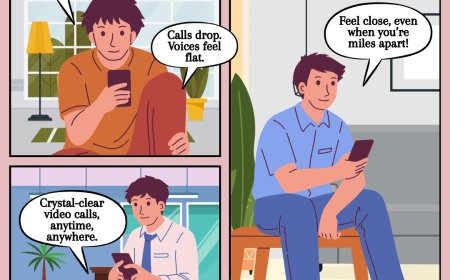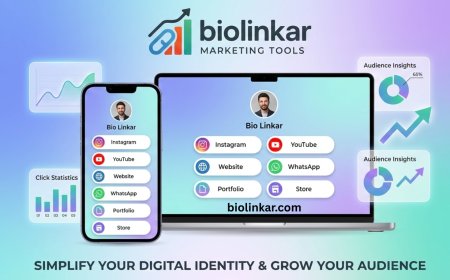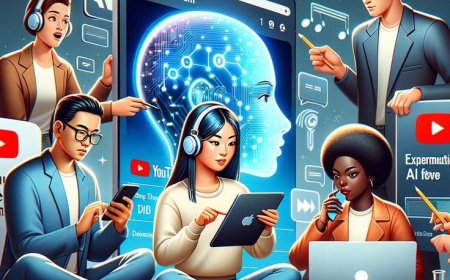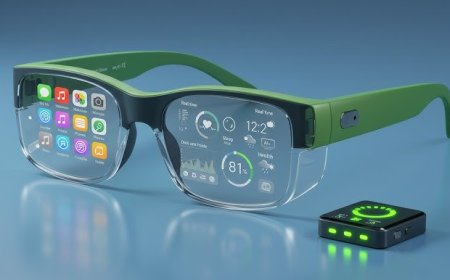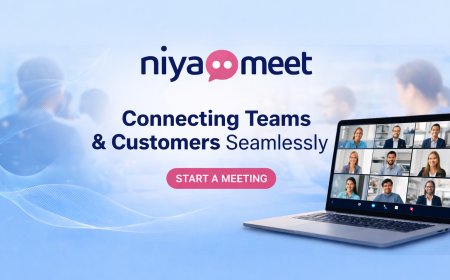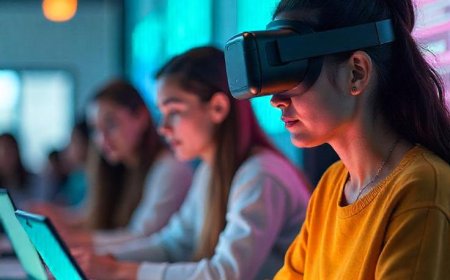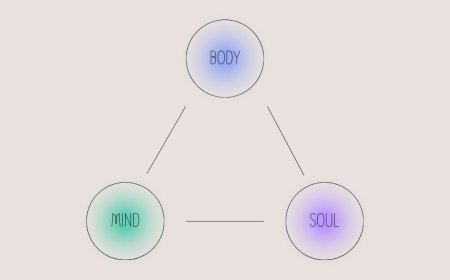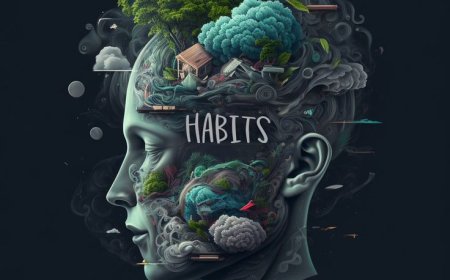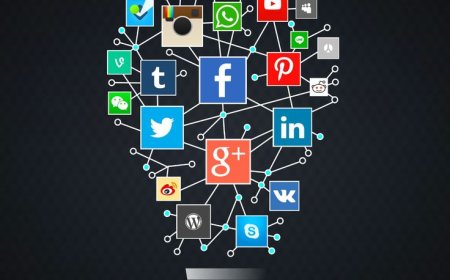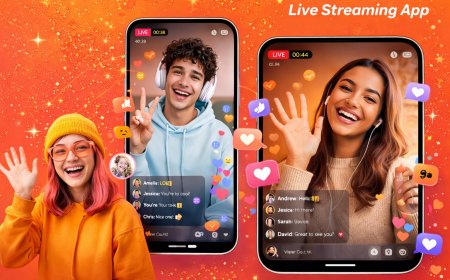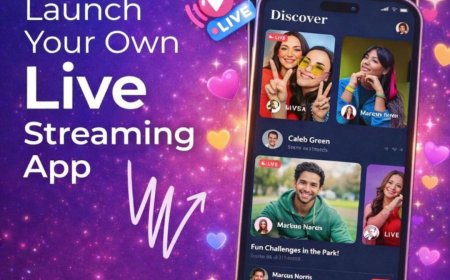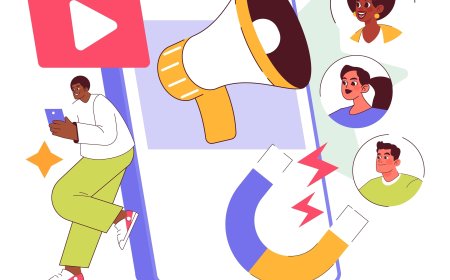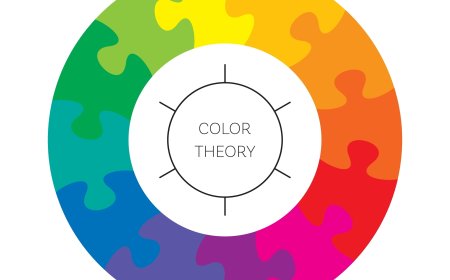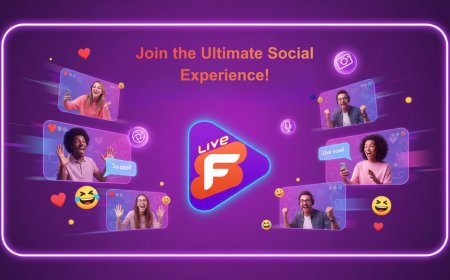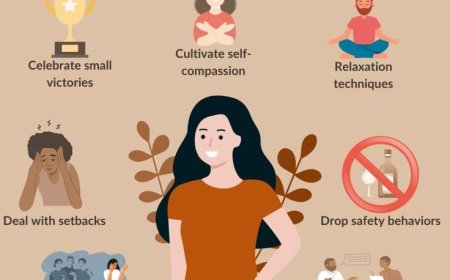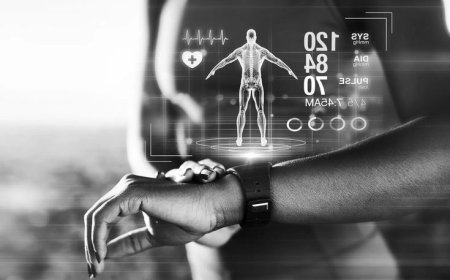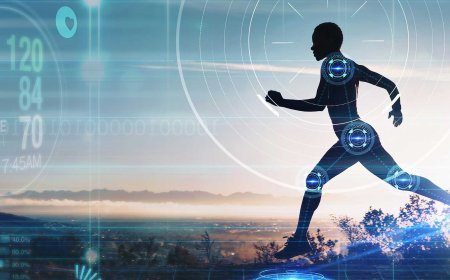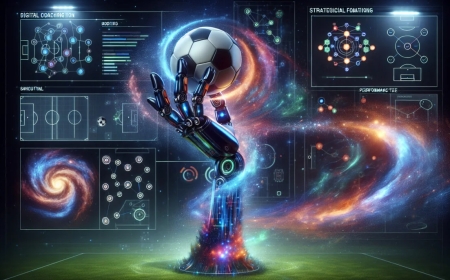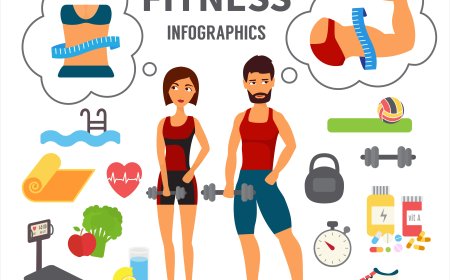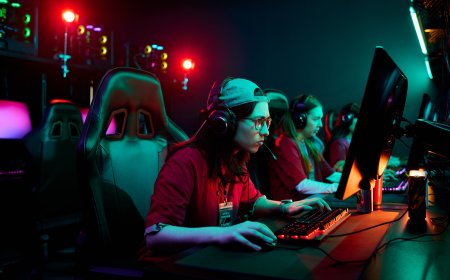Mind Over Matter: How Neurotech is Changing Your Everyday World
Learn how advancements in neurotechnology are bridging the gap between mind and machine, changing daily life in ways once thought impossible.

Have you ever thought if it would be nice to operate your TV or start a video game simply by your wishful thinking? Or a machine that could make attending to your lesson almost a superhuman ability? The good news is that this is not science fiction, but neurotech!
Neurotech is a very interesting, strong, and promising technology that establishes a direct connection from your brain to the computer world through your nervous system. It is comparable to the construction of a high-speed bridge linking your thoughts to a machine.
This kind of technology was traditionally limited to hospitals and research laboratories, but it is now starting to reach our daily lives, from the games we play to the ways we learn. However, what does this mean for us in the long run? Let's explore!
What Exactly is Neurotech?
In order to fully comprehend neurotech, you first need to get a general idea of your brain. The signals that your brain sends out through tiny electrical waves really do control everything you do. This is the way that you blink your eyes or the way that you decide what to have for dinner.
The brain signals are read by the neurotech devices (listening to your mind's whispers) or they directly send new signals to the brain (talking back to the brain).

The "Listen" Mode: Non-Invasive Devices
The majority of the neurotech products that are offered for sale to the general public are non-invasive. This is to say that they do not enter the body, their location being outside, like the case of a headband or earbud.
How it Works
The devices employ special sensors (most often referred to as EEG) in order to detect the slight electrical activity that is being produced on the scalp.
Real-Life Example
Focus Training: Firms such as Muse produce headphones that monitor the state of mind of the wearer during the practice of meditation. Application of the sound of a storm signifies that the brain is "noisy" (unfocused). When the brain is relaxed and silent, one can hear the sweet sound of birds. This interaction between neurotechnology and the user provides instant feedback, and the user learns how to develop his/her focus muscle!
The "Talk" Mode: Life-Changing Implants (EEAT: Experience)
Noteworthy applications of neurotechnology are primarily for patients suffering from severe medical conditions. In most cases, these involve the implanting of minute devices in the body (invasive technology).
Restoring Hearing
Cochlear implants consist of one of the most ancient and at the same time the most successful forms of neurotechnology. It is capable of transforming sound waves into electric impulses that are sent directly to the auditory nerve in the deaf person's ear, enabling the person to hear once again.
Mind-Controlled Movement
Neuralink and Synchron are companies that are working on small brain chips (Brain-Computer Interfaces or BCIs). People with paralysis are controlling the computer mouse, writing texts, or even walking with robotic exoskeletons using only their thoughts! This neurotechnology is really a case of giving back the independence and the ability to communicate.
Neurotech in Everyday Fun and Learning
Just as neurotech becomes increasingly smaller and less expensive, it is rapidly integrating with your favorite activities such as gaming and learning.
Gaming Controlled by Thought
Picture a game that adapts itself according to your level of excitement or calmness, which is indicated by your mind.
Neurogaming
This is the new domain of neurotechnology where a brain-computer interface measures the focus and relaxation of gaming players. For a certain game, if you concentrate hard enough, you will be able to lift an object shown on the screen. On the contrary, if you get very anxious, you will lose control!
Real-Life Example
Mindflex was the first technology used that allowed players to direct the ball through an obstacle course by simply focusing and relaxing. Now with VR, neurotech is being incorporated into gaming and turning it into a more immersive experience wherein the user's psychological condition directly impacts the virtual world. It's not just a source of pleasure, but also an advanced mode of interaction between humans and machines.
Personalized Learning in Schools
Neurotech is penetrating the field of education to the extent that it could even tell the teachers how the students learn best.
Focus Feedback
Wearable neurotech devices (like basic headbands and earphones) are capable of measuring the kids' attention levels continuously. In such a case, when students start getting less focused, the teacher gets a discreet signal to change the lesson or give a break.
Real-Life Example
Some of the cognitive training games (like the ones from Akili) are based on neurotechnology and are aimed at helping kids with attention problems to sharpen their focus skills. It’s like a private brain gym, employing amusing video games as opposed to boring lessons.

The Future of Work and Play
In the next few years, neurotechnology will no longer just be cool gadgets but will become a business tech trend with the power to change whole industries.
Real-Time Monitoring
Neurotechnology might be worn by workers in high-stress or dangerous jobs—like truck drivers, pilots, or operators of heavy machinery—to check for tiredness. When the sensors notice a sudden change in the person's focus or very high stress levels, the device can emit a warning to avert an accident.
Creative Boost
Think of it as a writer or designer utilizing a neurotech device that indicates when their brain is in the most imaginative "flow state." They could then save that experience and try to return to it the next day! Research endorses that these devices could increase creativity and productivity by making us aware of our cognitive rhythm.
The Intersection with Spatial Computing
The most promising scenario for neurotechnology is its fusion with the Extended Reality (XR) industry.
Just think about it: you wear AR glasses and the digital information you see (like directions or facts) is perfectly tuned to your current stress level, just because the neurotechnology built into the glasses has detected your brain activity. If you are anxious, the display might show less information to help you stay calm.
The Big Question: What Does It Really Mean?
The neurotech has already answered one of the most necessary questions for people, but to be able to ask these questions, we have to talk about issues that directly result from this technology first, and do that while it is still not widely applied in the industry.
Mental Privacy: Who Owns Your Thoughts?
Your brain's data—or neurodata—is probably the most intimate and private info you possess. It actually shows your innermost ideas, your real feelings, and even your repressed worries.
The Question
If an advertiser knows exactly when you are stressed or happy while watching their ad, will they use that knowledge to sell you something without you being completely conscious of it? Will an employer in the future be able to use neurotechnology to approach recruitment in terms of candidates' "brain profiles" rather than skills?
The Need
The necessity of the time is to have new regulations that are usually referred to as "Neurorights" so the right to mental privacy is maintained, and no one can get access to our brain data without our complete, explicit consent.
Fairness and Inequality
The Question
If neurotechnology can enable someone to concentrate more, would this only allow affluent households to buy these special aids for learning? Might this lead to a scenario in which some people are "augmented" (improved through technology) while others are left behind, thereby creating a significant division in society?
The Responsibility
Neurotechnology has the remarkable potential to heal and restore bodily functions, but such power should never be concentrated in just one group. We must still take the Hippocratic Oath for our act of making those who would otherwise not be able to access such life-changing tools, and this has to be done in a fair and cost-effective way.
Neurotechnology is a frontier that promises to give us new control over our bodies and minds, hence making the impossible a reality for millions. But your generation—the users of this technology—must be the ones to guide its path. The challenge is tremendous: unlocking the brain's full potential while keeping the human mind private, safe, and free.
It’s up to us to make sure that the rise of neurotech leads to a better future for all people, not just a few.
What's Your Reaction?
 Like
0
Like
0
 Dislike
0
Dislike
0
 Love
0
Love
0
 Funny
0
Funny
0
 Angry
0
Angry
0
 Sad
0
Sad
0
 Wow
0
Wow
0

